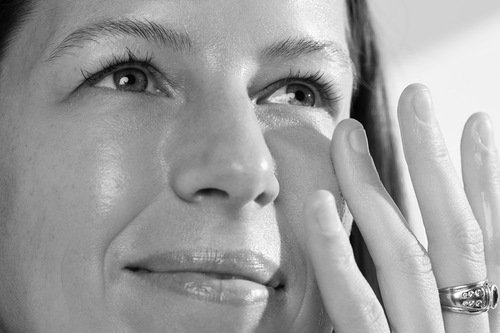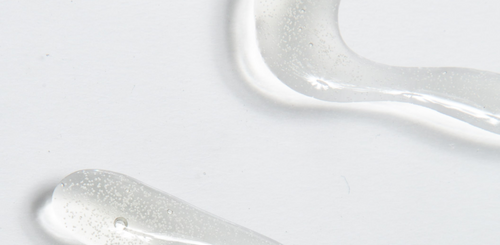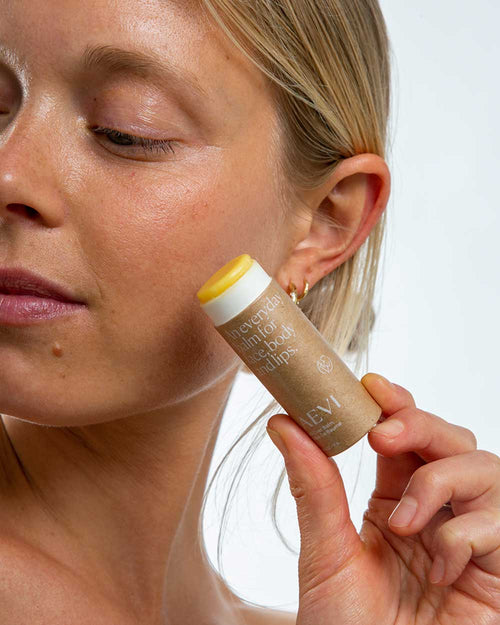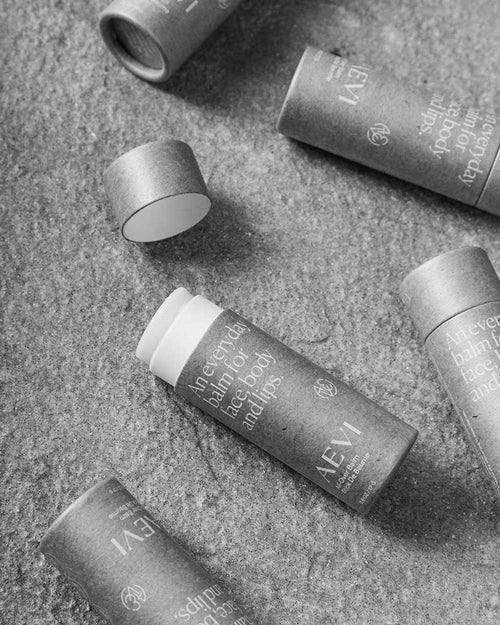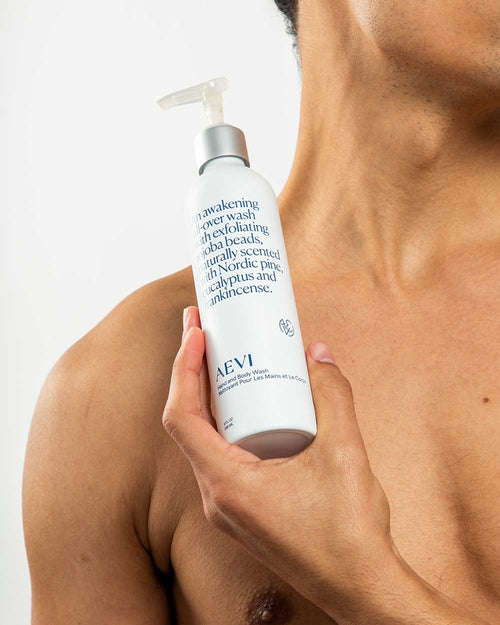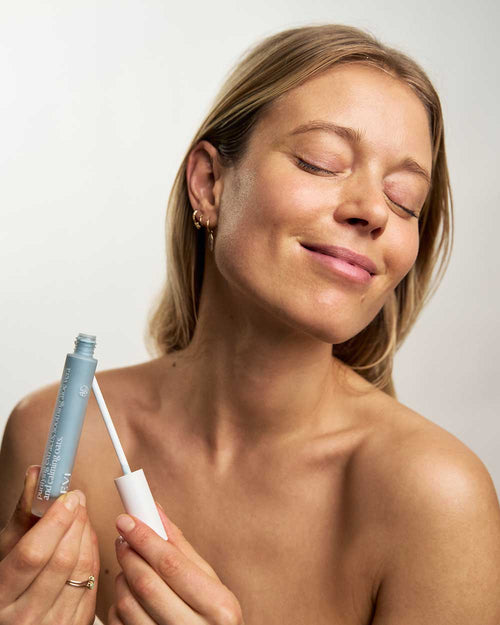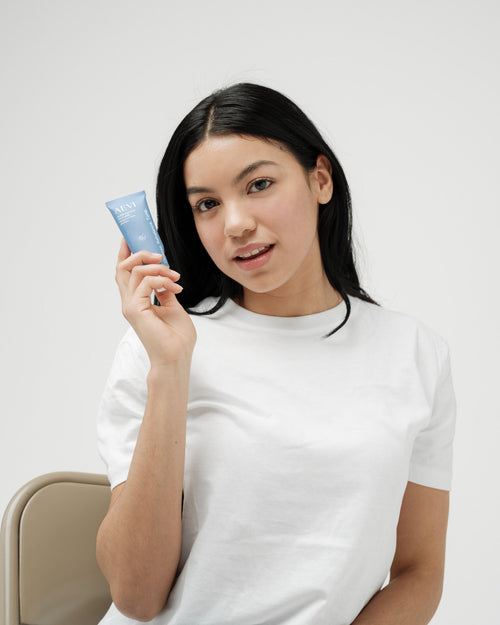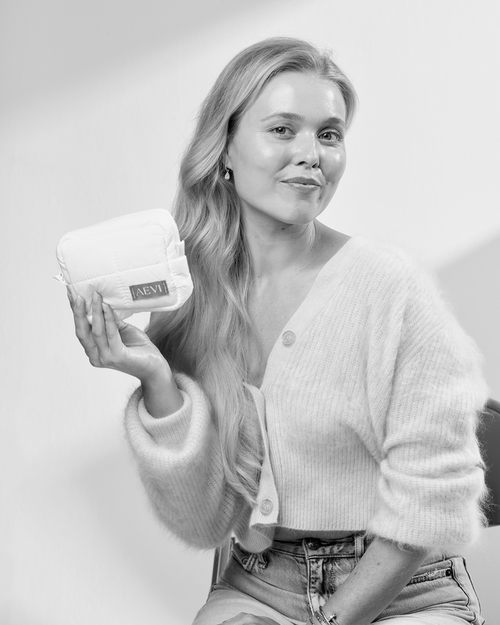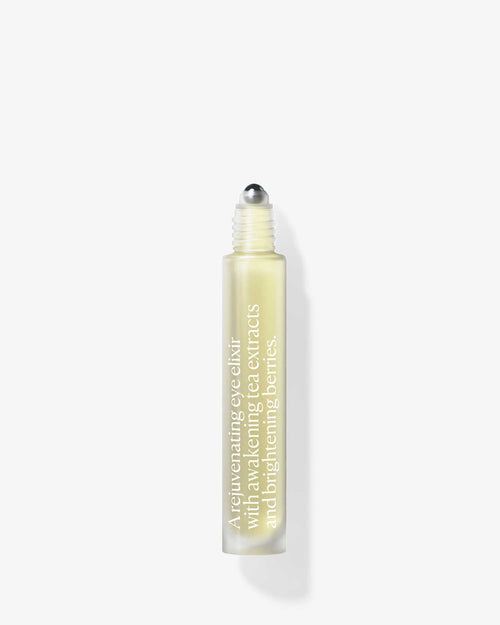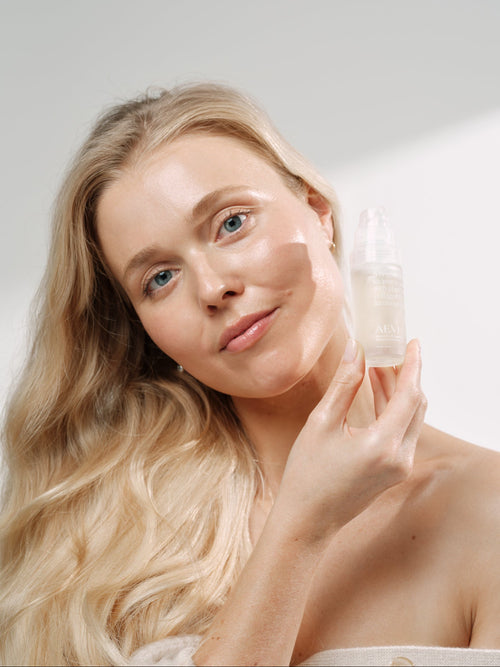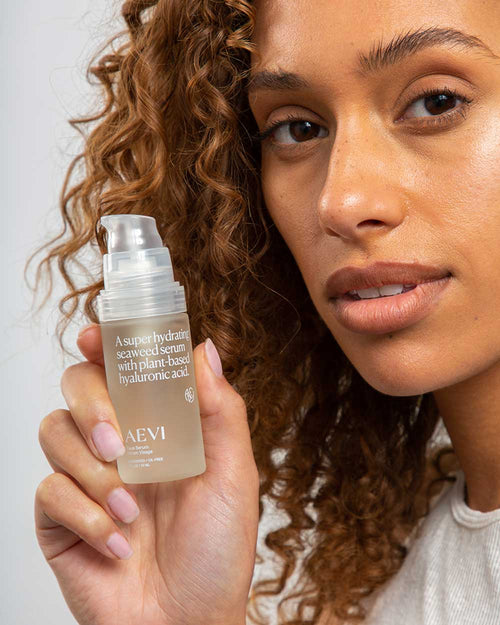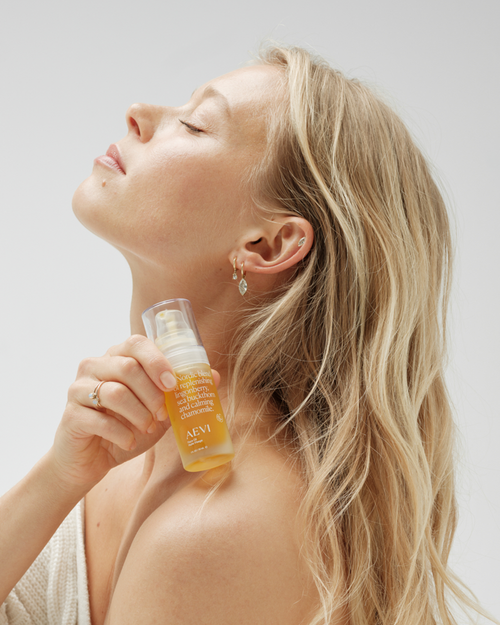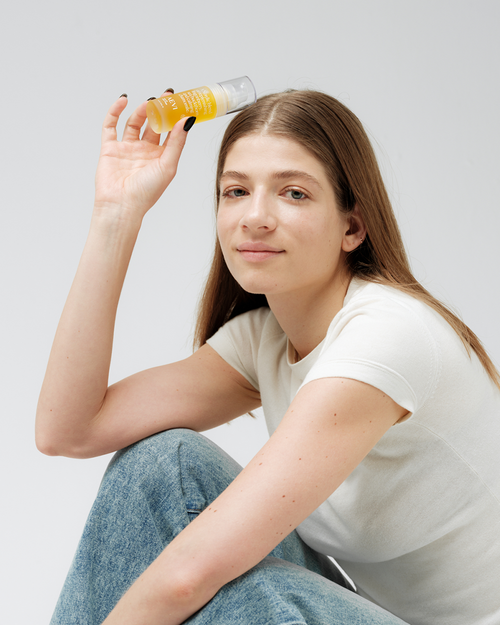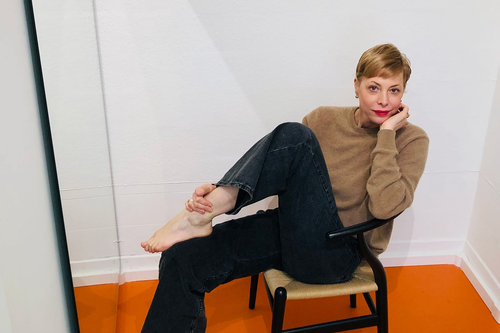What role do stress and lifestyle play in skin health from your clinical perspective?
Stress and lifestyle significantly impact skin health – and it’s important to highlight this because it’s in your hands, not your doctor’s, to change these factors.
Stress raises cortisol levels, which increases oil production and can cause acne. It can also worsen chronic conditions like eczema, psoriasis and rosacea. Even if you don’t have these issues, long-term stress can still accelerate skin ageing, delay wound healing and even cause hair loss. Implementing lifestyle changes like regular exercise, better sleep, a balanced diet, mindfulness, meaningful social connection (and limiting digital connection) all help manage stress.
Not all stress is bad – we need some to thrive – but it needs to be balanced with rest. Life is all about balance. If we’re always on and never off, we become unwell – physically or mentally.
Also, not all toxins are physical. We are affected by the people, places and ideas around us. Positive thinking can strengthen the immune system. Moaning less and practicing gratitude can go a long way. If you’re unhappy at work or at home, it may be time to recognise the need for change – it can be a powerful act of self-healing.
What are your go-to skincare tips for summer — especially for sensitive or inflamed skin?
Focus on strengthening your skin barrier with ingredients like ceramides, and use sunscreen – ideally mineral sunscreens if you have sensitive skin.
–
Always on your beauty shelf: Homeoplasmin by Boiron, a wonderfully affordable French multipurpose ointment with plant extracts and mild antiseptic properties. I use it to hydrate lips and skin, to help heal minor irritations, and even as a makeup primer. Tip: I apply a thin layer to my lips, then use a red pencil on top.
Always in your bag: Currently, the Augustinus Bader x Sofia Coppola tinted lip balm – it marries hydration with just the right amount of colour, no mirror needed.
Favourite wellness splurge: Foot reflexology!
Favourite podcast or book right now: I always read two books at once – one for learning and one for relaxing. Currently in my handbag: “Out of Africa” by Karen Blixen and “How We Break” by Vincent Deary, a beautiful and wise book by a health psychologist.
A practice that helps you stay connected: Yoga, always. And I think I’d benefit from adding breathwork – it’s something I’d love to explore.
Best skin advice: Know your skin type!
One skincare rule you swear by: Invest in skincare so you can save on makeup.
The most beautiful people are… Those who’ve faced adversity and emerged with grace and empathy. They embody a beauty that transcends appearance.
Favourite Aevi product: Torn between the Awakening Hand & Body Wash and the Clean Hand Sanitizer!
–
To book an appointment with Amélie, visit her website here or send an email to dramelieseghersclinic@gmail.com. For more honest skincare advice, quiet wellness moments, and daily inspiration, you’ll want to follow her journey on Instagram @dramelieseghers.
This collaboration was inspired by a shared commitment to helping people become more mindful of what they put on their skin and promoting awareness about skin care ingredients, with no financial gain or commercial interests involved.
